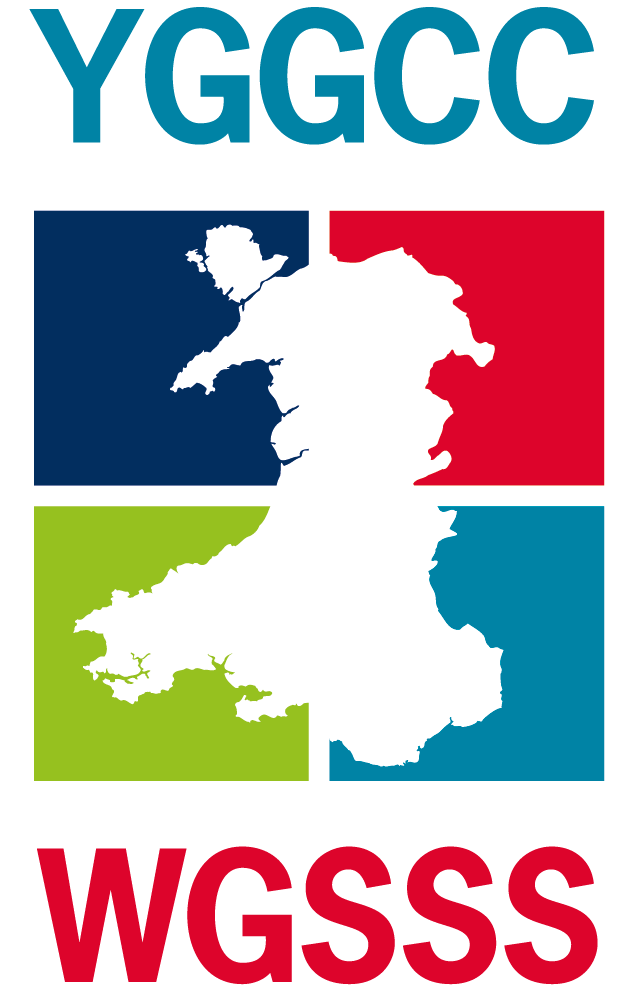What is an ESRC studentship?
Essentially, an ESRC studentship is where funding for doctoral training from the Economic and Social Research Council is used to support at least 50% of the cost of a postgraduate research student’s programme. Where the ESRC resource is used to fund less than 100% of a studentship, the remainder must be made up, either from an institution’s own resources, or from external sources, or some combination of the two, so that the student receives the full value of the award. The ESRC resource is allocated to 21 Doctoral Training Centres in the UK, and must be ‘spent’ in Training Pathways that have been accredited by the ESRC.
Why are ESRC studentships prestigious?
ESRC studentships are prestigious for a number of reasons, not least that the accredited pathways within which they can be ‘spent’ have demonstrated both a track record of high quality research and a capacity to provide excellent research training. Research Council studentships are also taken as an indicator in the assessment of research quality in Universities.
What does ‘collaborative’ mean in respect of ESRC studentships?
The ESRC sets a target which each DTC must meet: 20% of studentships must be collaborative. ‘Collaborative’ here refers to a meaningful relationship with a non-academic organisation that can be public, private or third sector. A collaborative arrangement may or may not include co-funding by the non-academic organisation, but it will probably require some in-kind support from them. Collaboration may include placements, internships, or other arrangements which bring the doctoral student (and possibly their supervisor) into regular contact with the non-academic organisation. It may include knowledge exchange activities which draw upon progress in (or findings from) the doctoral research, such as participation in structured events that include discussion of policy or practice. In some cases, the non-academic organisation will have contributed to the original conception of the research and may from time to time offer views or advice about the direction it takes.
Can a student without a Masters degree be considered for a ‘+3’ ESRC Studentship?
The ESRC postgraduate funding guidelines specify that applicants embarking on a +3 programme will have achieved a level of research training that will allow them to proceed directly to PhD, and this is usually through the attainment of a Masters. In the absence of a relevant Masters level qualification, the research training pathway leader will need to be satisfied that the student has sufficient depth and breadth of research skills in order that they are equipped to start on a ‘+3’ programme. In all cases, applicants must have a first degree with first or upper second class honours.

